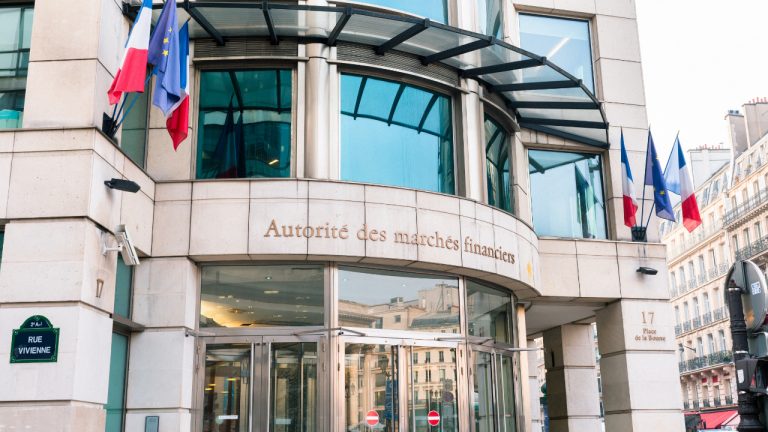
With a $216 million cap to be imposed on stablecoins such as USDT and USDC, some say crypto adoption could be “stifled” under MiCA unless it changes.
Stablecoin use could be "stifled" by daily transaction caps in the European Union's Markets in Crypto-Assets (MiCA) legislation, with some calling for the framework to be revised.
On May 31, MiCA was signed into law which paved the way for the world’s first regulatory guidance on cryptocurrencies to come into effect.
The legislation was received positively by many in the crypto industry, but one of the more controversial measures introduced is the $219 million (200 million euro) cap on daily transactions for private stablecoins such as Tether (USDT) and Circle’s USD Coin (USDC).
EU news
— Patrick Hansen (@paddi_hansen) May 31, 2023
MiCA has been officially signed into law today by the European Parliament President Roberta Metsola and Swedish Rural Affairs Minister Peter Kullgren (Sweden holds the presidency of the Council of the EU atm).
Next steps:
1) Publication in the official journal of… pic.twitter.com/qY8QPnEZ9A
Speaking to Cointelegraph, Chander Agnihotri and Rachel Cropper-Mawer, respectively the legal director and partner at global law firm Clyde and Co said the use of large stablecoins could “quickly become stifled” and regulators should look to revisit the daily limits.
Stablecoins aim to mirror the price of fiat currencies — mainly the U.S. dollar — and were introduced as a solution to address the price volatility of cryptocurrencies such as Bitcoin (BTC) and Ether (ETH).
However, in the wake of the collapse of Terra’s algorithmic stablecoin UST in May 2022 and the brief de-pegging of USDC following the collapse of Silicon Valley Bank in early 2023, Agnihotri claimed regulators are well within their rights to have become laser-focused on the regulation of private stablecoins.
“On account of their stronger links to the traditional financial system — through the use of reserves — regulators have been particularly concerned by the possible impact that the failure of a larger stablecoin may have.”
The 200 million euro cap is “not tantamount to a ban” said Cropper-Mawer and if the threshold is passed, then the issuers will be “required to cease further issuing activities and work with regulators to bring transactions under the cap.”
However, Cropper-Mawer noted with the increasing popularity of private stablecoins, it’s anticipated that the use of certain larger stablecoins will “quickly become stifled” but added she anticipates legislators will "revisit this issue."
With stablecoin use possibly being dampened by the current rules, Cropper-Mawer said it would be “sensible” to assume that central bank digital currencies (CBDCs) may “flourish at a more rapid rate than otherwise might be the case.”
However, she quickly noted that MiCA lawmakers are unlikely to have missed the potential negative impacts these regulations could have, especially when looking at the prevalence of private stablecoins in other markets.
“If the relatively unfettered use of stablecoins is permitted in other jurisdictions, this could adversely impact the crypto market in the EU.”
Despite receiving an expected level of criticism for such a wide-ranging and expansive piece of legislation, Agnihotri notes that the majority of feedback towards MiCA has been largely positive.
“Under MiCA, start-ups and smaller entities will have better access to the market, fostering innovation and competition. As with any piece of legislation, there will be parts that would benefit from adjustment.”
Tether speaks on MiCA
Tether’s chief technology officer Paolo Ardoino told Cointelegraph there would need to be continued conversation and a potential revision of the framework before the guidelines were enacted upon private stablecoin providers.
“Further discussions on the technical implementation standards are crucial in providing clarity to the market over certain provisions and we look forward to the outcomes of these discussions in due course,” he said.
Related: Crypto in Europe: Economist breaks down MiCA and future of stablecoins
Ardoino didn’t comment on the specifics of the legislation and how it could potentially apply to the trading of USDT in Europe but he praised MiCA for being a “commendable” initiative and described the legislation as “arguably the most comprehensive the industry has seen to date.”
He acknowledged the daily trading cap may have an impact on private stablecoins such as USDT. Still, he said that “the legislation notes that these limits apply when the stablecoin is used for certain purposes.”
There has been a range of criticisms, with some arguing that it’s overly cautious and others expressing concerns that it fails to adequately mitigate threats to the stability of the broader financial market.
Cropper-Mawer explained that “ultimately, the success of MiCA will depend largely upon how it’s enforced at a member-state level and whether lawmakers will continue to keep it under review, especially when considering the speed at which innovation occurs in the crypto industry.”
#MiCA enters into force at the end of June.
— ESMA - EU Securities Markets Regulator (@ESMAComms) June 12, 2023
️ To begin implementation, #ESMA with relevant stakeholders will launch 3⃣ public consultations in July, October & Q1 2024 → https://t.co/AvePQSapZp.
Details on the duration of each public comment period. pic.twitter.com/QFlERttwxR
MiCA will be implemented following its publication in the Official Journal of the EU, with many of the regulations and guidelines for crypto firms expected to begin sometime in 2024.
Asia Express: Yuan stablecoin team arrested, WeChat’s new Bitcoin prices, HK crypto rules
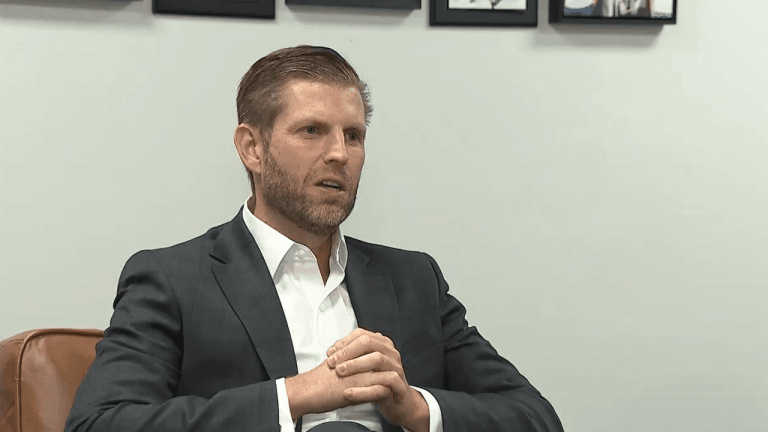
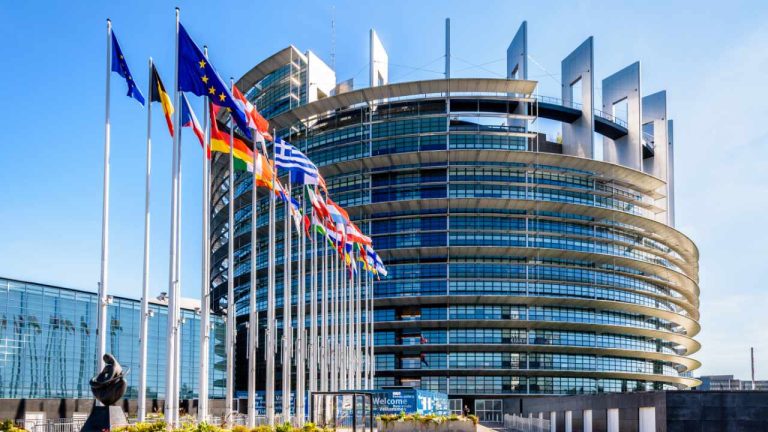
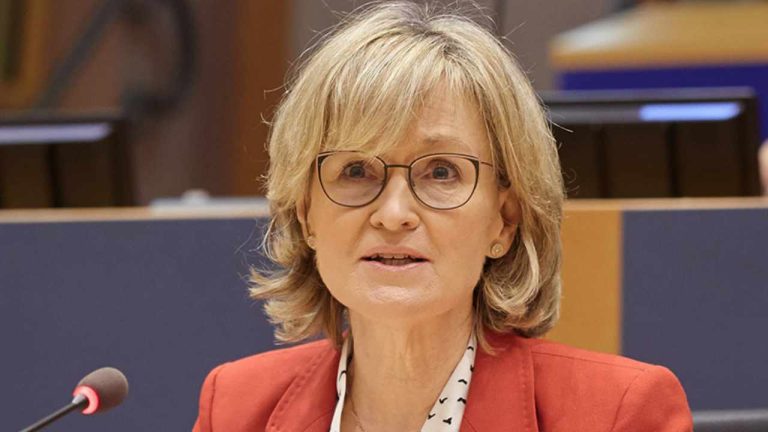
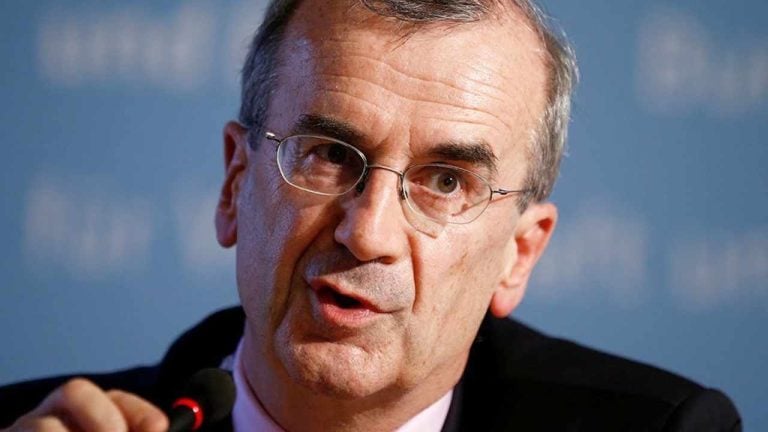

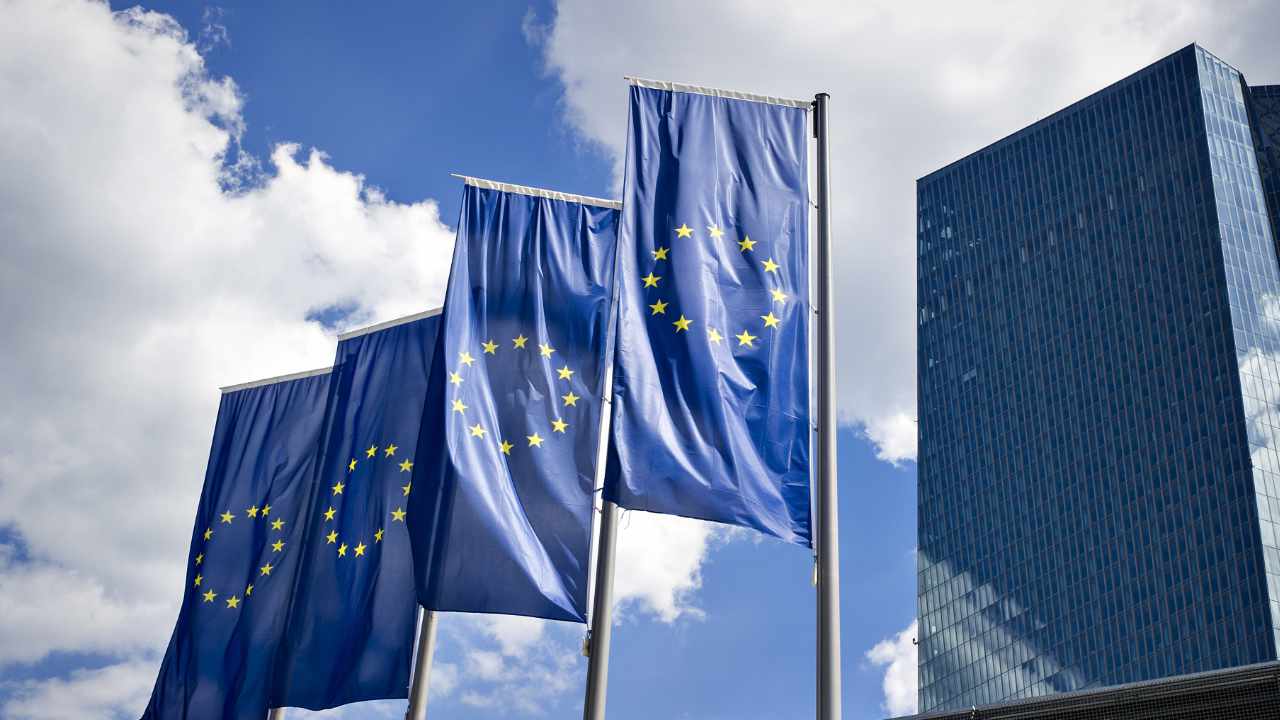
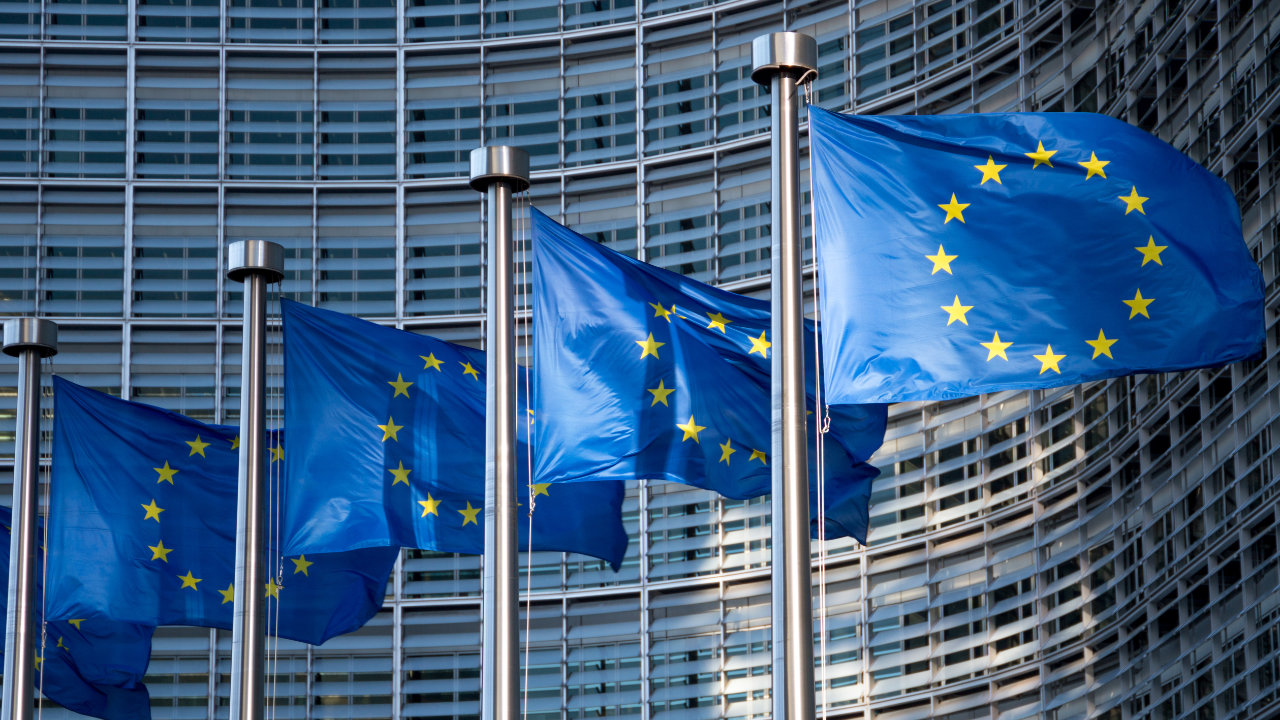
 When Satoshi Nakamoto released the Bitcoin white paper in October 2008, it likely wasn’t with the idea that governments and central banks needed to recognize, adopt, and regulate Bitcoin for everyone’s benefit. To the contrary, if anything can be taken away from that document and the message encoded in the genesis block, it’s that centralized […]
When Satoshi Nakamoto released the Bitcoin white paper in October 2008, it likely wasn’t with the idea that governments and central banks needed to recognize, adopt, and regulate Bitcoin for everyone’s benefit. To the contrary, if anything can be taken away from that document and the message encoded in the genesis block, it’s that centralized […]